Alongside the views on home birth and self-healing, the anti-vaccine movement has also grown strongly, especially after the Covid-19 pandemic broke out.
Alongside the views on home birth and self-healing, the anti-vaccine movement has also grown strongly, especially after the Covid-19 pandemic broke out.
In recent years, the natural living movement has attracted many people, especially those who believe that the human body has the ability to heal itself without the need for drugs or medical intervention. However, a dangerous variation of this trend is the extreme rejection of vaccines and the spread of false medical knowledge in the community.
[embed]https://www.youtube.com/watch?v=4Y0yAS-QCuc[/embed]
A segment of the population has turned its back on vaccination. Although the benefits of vaccines in saving millions of lives and preventing pandemics have been clearly demonstrated, many people continue to spread misinformation, blaming vaccines for unrelated illnesses such as strokes or seasonal diseases.
This trend not only affects adults, but also affects children and pregnant women. A typical example is the story of a mother in a natural living community who "bragged" that her child was very healthy because she did not inject any vaccines.
Although this view lacks scientific basis, it still receives sympathy from a large number of parents, causing a decline in vaccination in children.
Anti-vaccine advocates believe that vaccines can harm the body, weaken natural immunity, or even cause problems like autism and infertility. These views are widespread, not only from unofficial sources but also from influential people in society.
According to the World Health Organization (WHO), the anti-vaccination movement is one of the major threats to global health. Not getting vaccinated can lead to outbreaks of dangerous infectious diseases, threatening not only individual health but also affecting the community.
In Vietnam, the current vaccination rate has not reached the expected level. In 2024, the vaccination rate has not reached the progress planned by the Ministry of Health, and epidemics such as measles, whooping cough, and diphtheria are showing signs of increasing. This shows that if high vaccination rates are not maintained, the risk of disease outbreaks is very high.
Mr. Tran Dac Phu, former Director of the Department of Preventive Medicine, Ministry of Health, expressed concern that every time a post-vaccination accident occurs, the "anti-vaccine" movement has the opportunity to flare up, affecting vaccination work.
In fact, the resurgence of diseases that were thought to be under control, such as measles, diphtheria, whooping cough, hepatitis B..., is the clearest evidence of the impact of refusing to get vaccinated.
In Western countries, diseases such as encephalitis and chickenpox have also taken the lives of many children simply because parents refused to vaccinate their children.
Although vaccines cannot be guaranteed to be 100% safe, they are still one of humanity's greatest scientific achievements, helping to save millions of lives and prevent outbreaks of infectious diseases.
Studies have shown that 85 - 95% of vaccinated people will develop specific immunity against dangerous infectious diseases such as flu, measles, diphtheria, whooping cough... Not only protecting individuals, vaccination also helps protect the community, preventing the spread of disease.
According to the WHO, vaccinations prevent between 3.5 and 5 million deaths each year. The polio vaccine has saved more than 20 million lives from permanent paralysis, while the measles vaccine has prevented nearly 94 million deaths over the past 50 years.
In the context of the increasingly complicated and unpredictable epidemic, vaccination is not only a personal right, but also an obligation to society.
Vaccination helps maintain herd immunity, protecting vulnerable groups such as children, the elderly, and people with weakened immune systems.
Although some people are concerned about vaccine side effects, most reactions are temporary, such as a mild fever or swelling at the injection site. Serious reactions are rare and should not be used to negate the great benefits of vaccines in preventing disease.
Dr. Le Thi Kim Hoa, Vaccination Advisor, Safpo/Potec Vaccination System, said that vaccines are not only a medical tool but also a measure to protect public health. Opposing vaccines in the current context is an act that not only harms oneself but also endangers those around you.
According to the female doctor, refusing to be vaccinated not only puts the individual at risk of disease, but also weakens the community's immune system. Especially for those who cannot be vaccinated for medical reasons, they need indirect protection from communities with high vaccination rates.
An international health expert, Dr. Michael Ryan, Director of WHO's Emergency Program, once said that vaccines have helped humanity defeat many dangerous epidemics.
Those who refuse to vaccinate not only harm themselves, but also pose a threat to the wider community, especially vulnerable people.
Source: https://baodautu.vn/he-qua-nguy-hiem-cua-viec-bai-tru-vac-xin-d237275.html





![[Photo] Cat Ba - Green island paradise](/_next/image?url=https%3A%2F%2Fvphoto.vietnam.vn%2Fthumb%2F1200x675%2Fvietnam%2Fresource%2FIMAGE%2F2025%2F12%2F04%2F1764821844074_ndo_br_1-dcbthienduongxanh638-jpg.webp&w=3840&q=75)


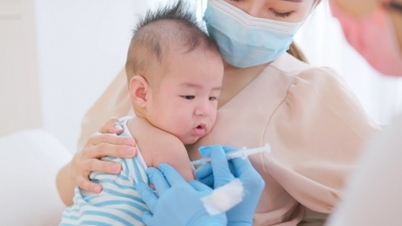
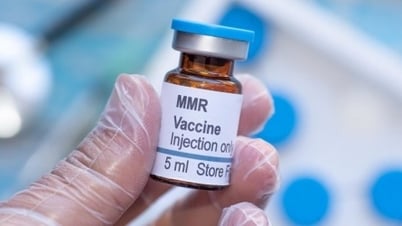
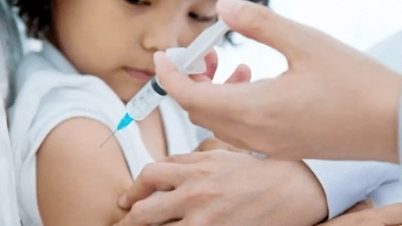



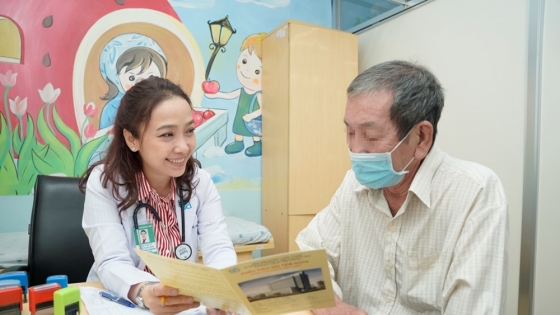

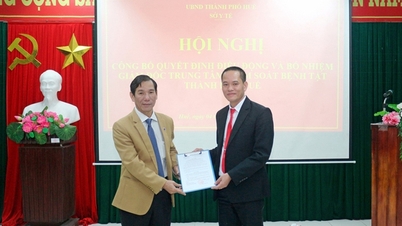

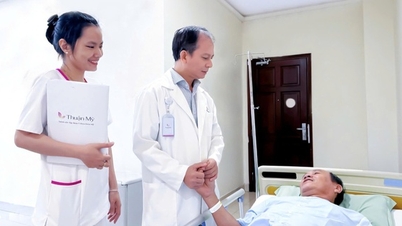
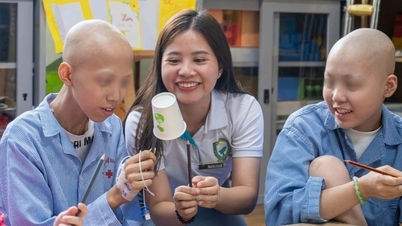

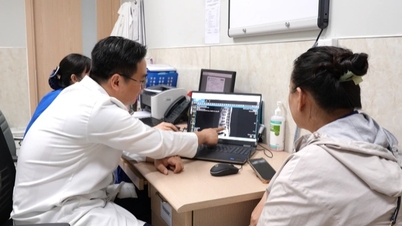
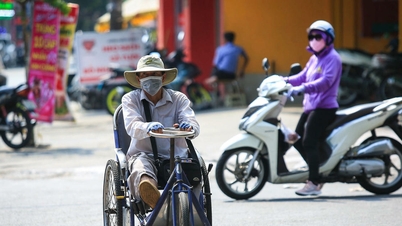






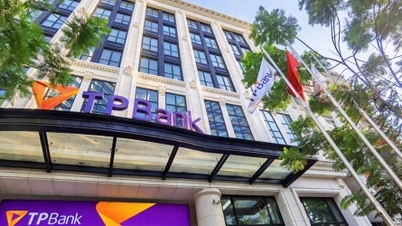
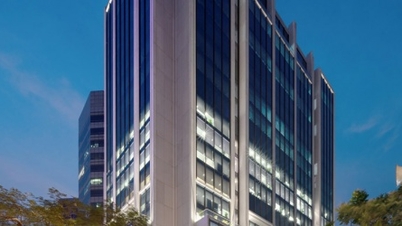





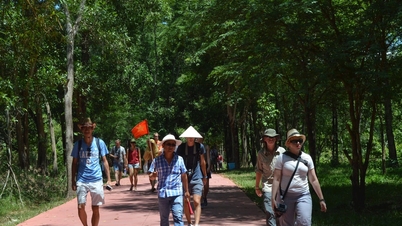




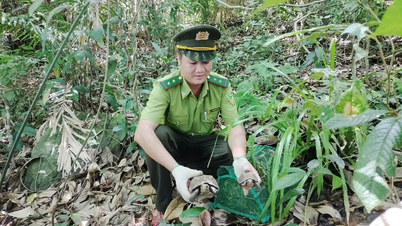


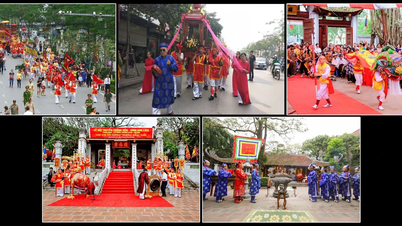

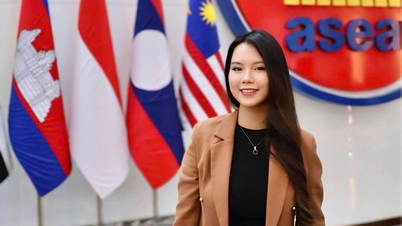


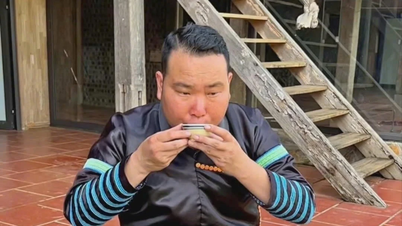








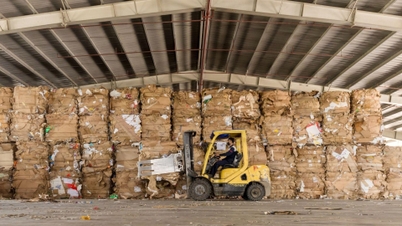




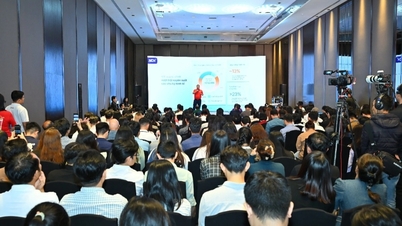






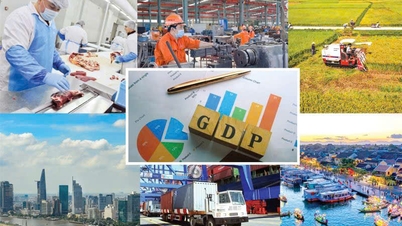





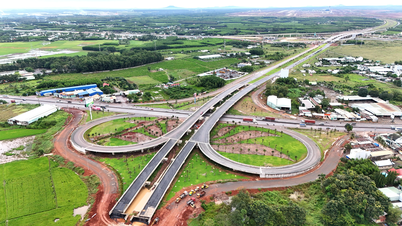

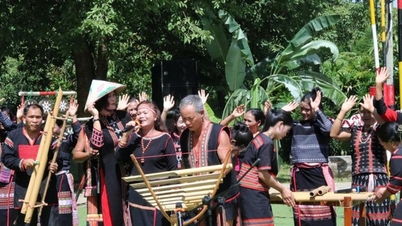



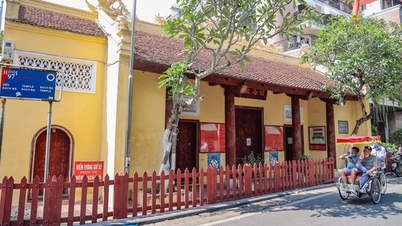
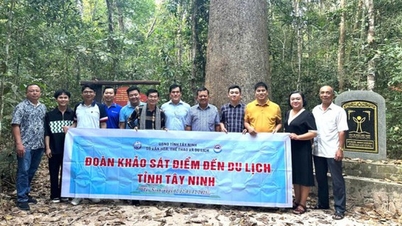
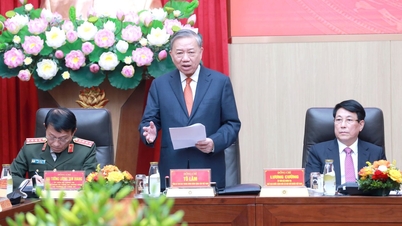

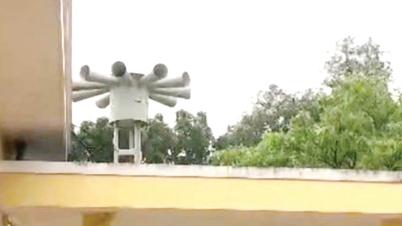

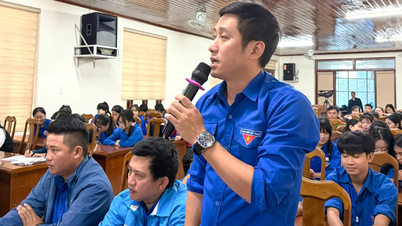
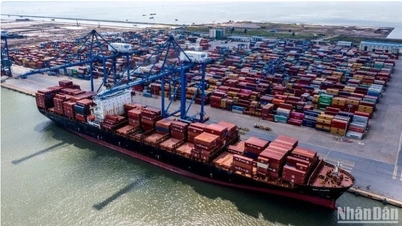



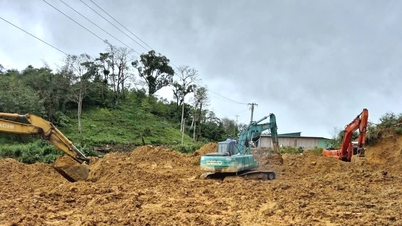











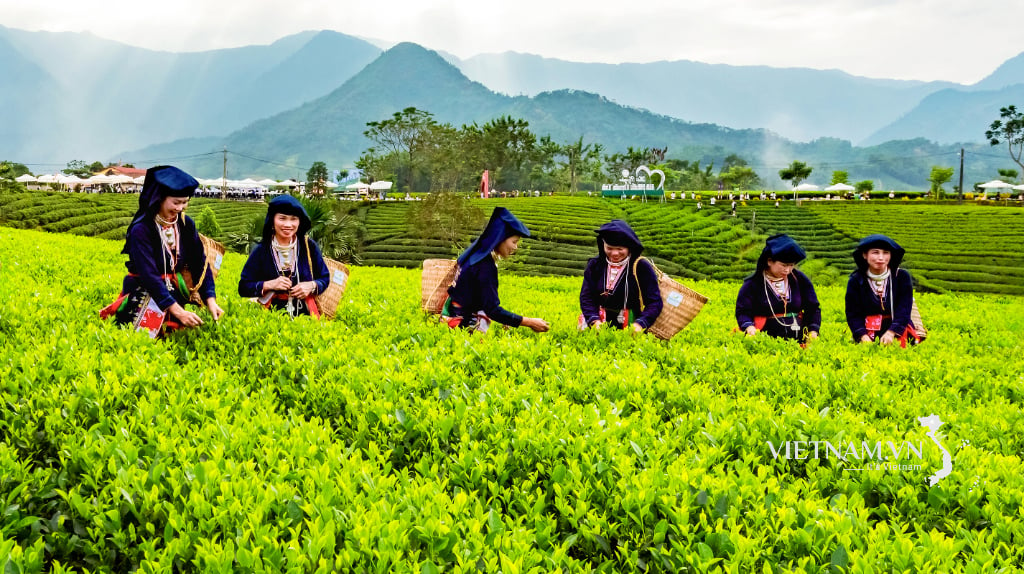

Comment (0)